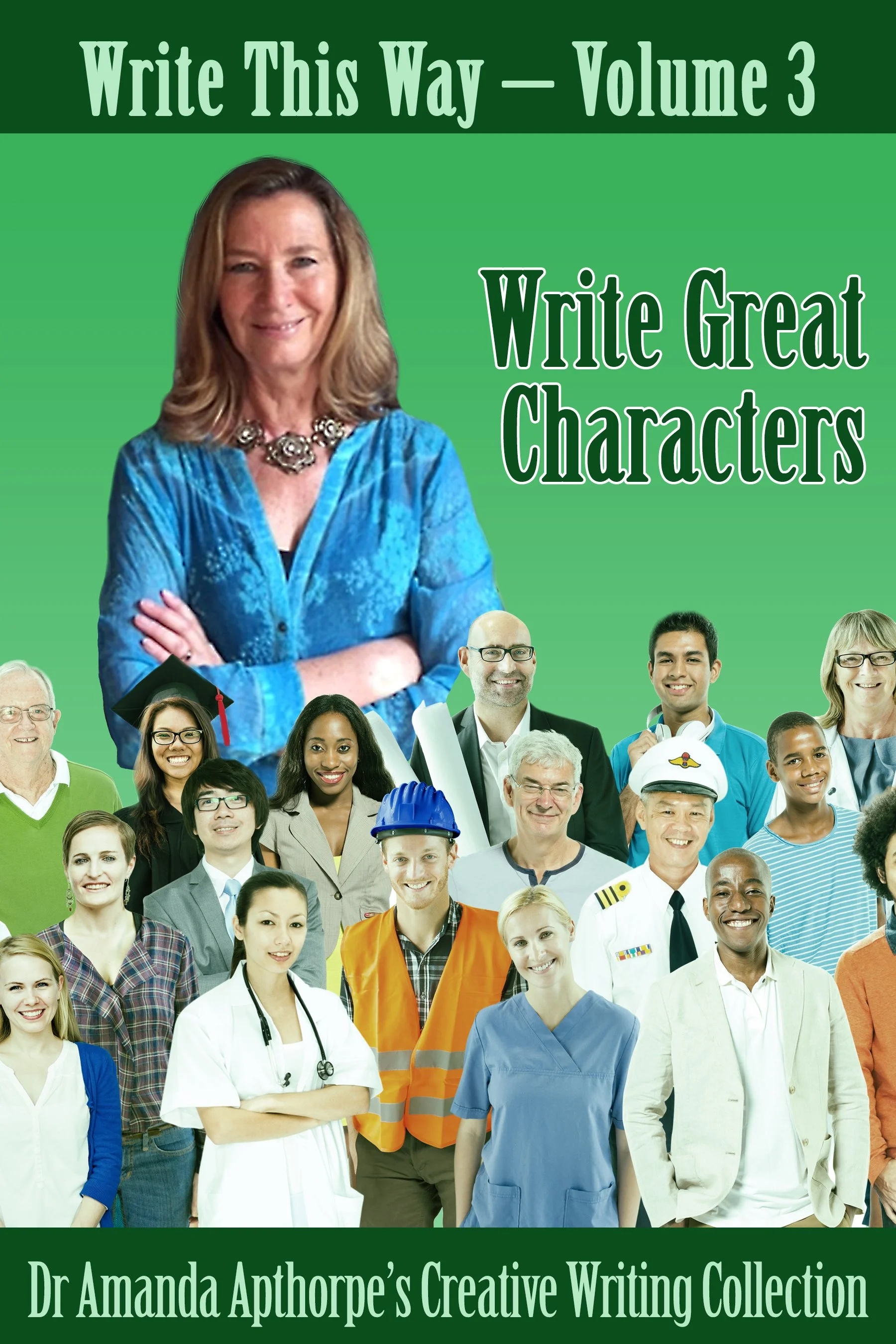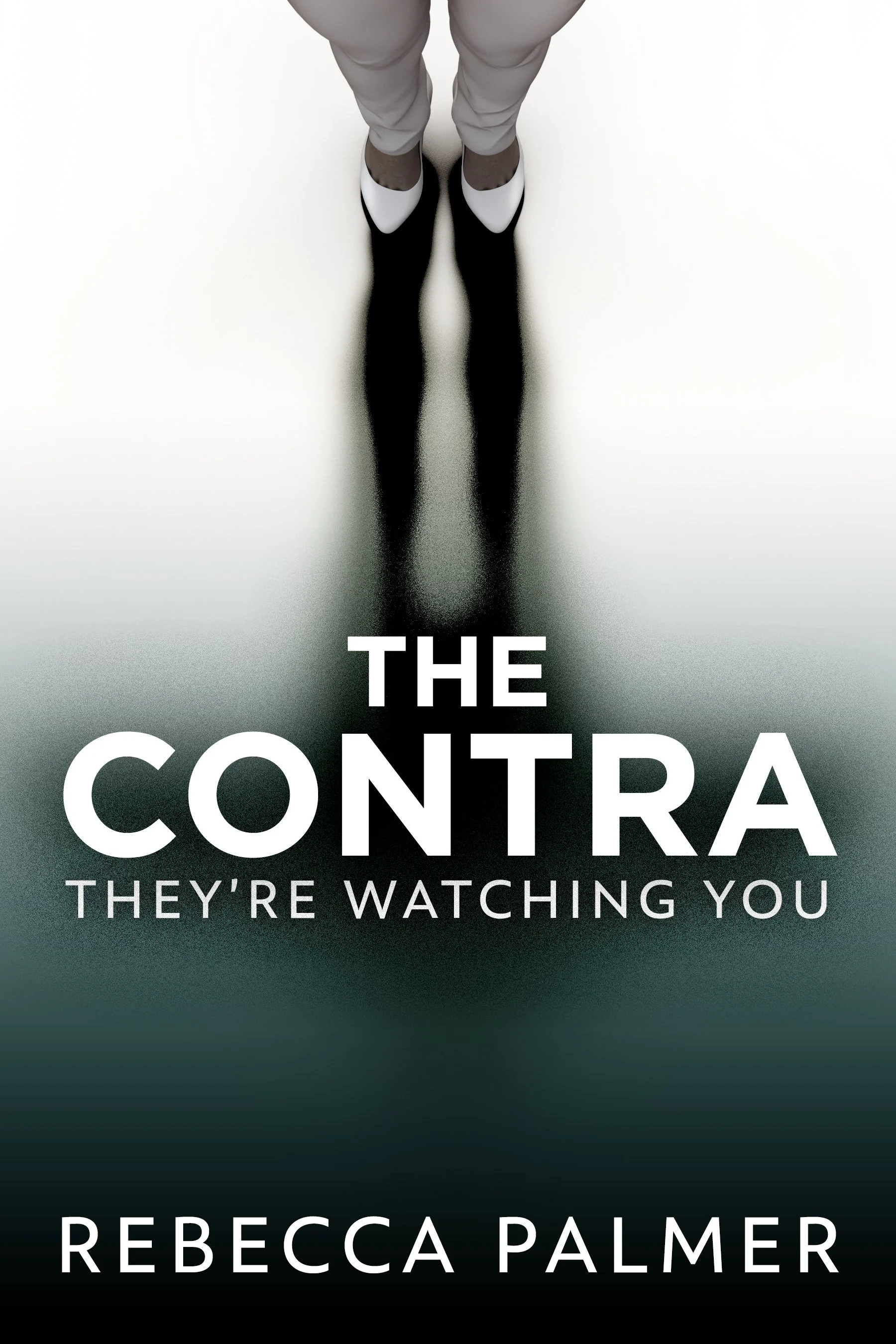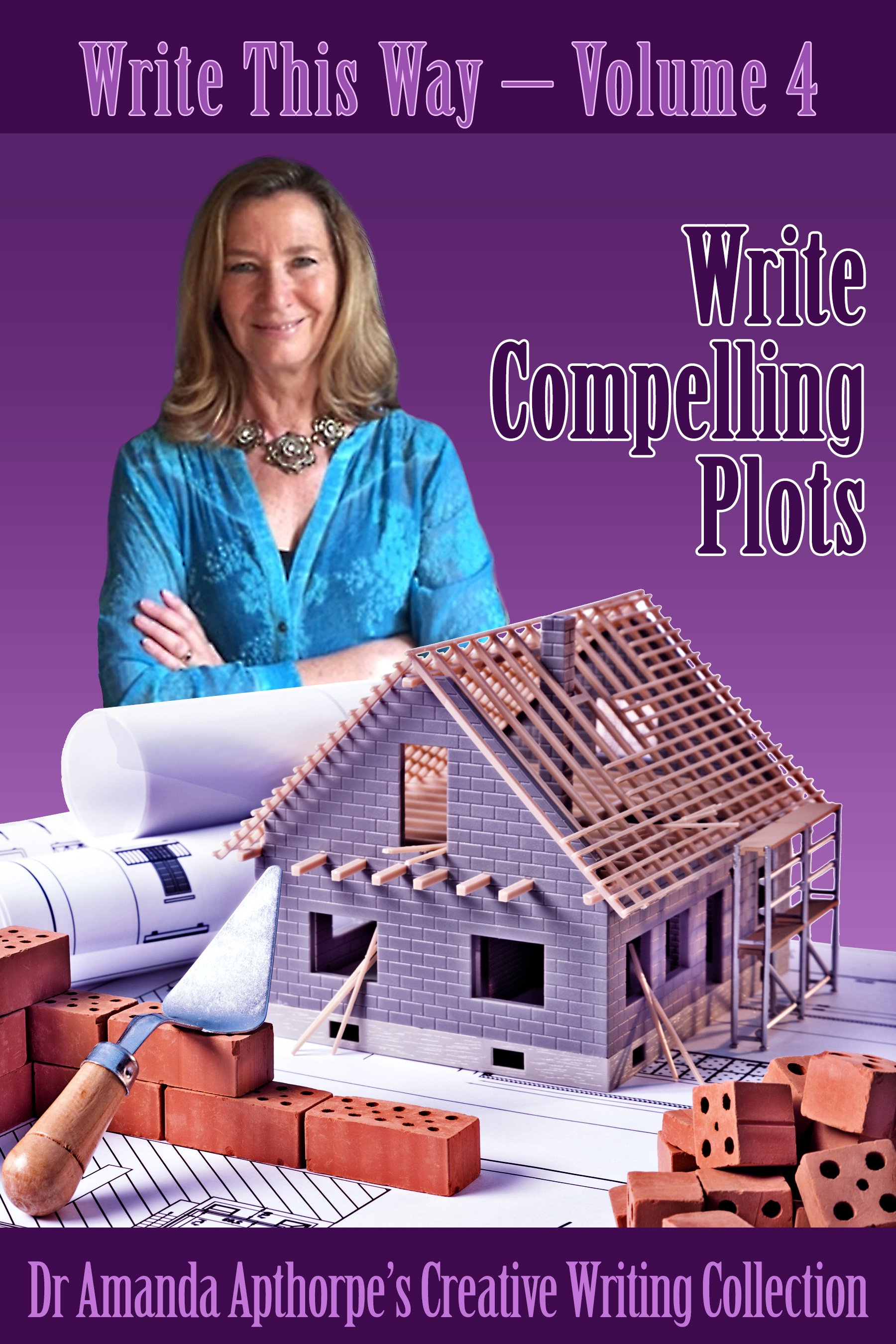Finding Your Writer’s Voice (Write This Way Book 2) - Amanda Apthorpe
Finding Your Writer’s Voice (Write This Way Book 2) by Amanda Apthorpe
Book excerpt
We know well what it means when we speak or sing, but what about when we write?
Some call the writing voice the ‘heart’ or ‘soul’—the ‘you’—but recognising your own writing voice can be difficult and equates to standing in front of a mirror trying to see yourself as others might see you. Hard as you might try, the self seems to be nebulous, difficult to see clearly.
You might feel your voice when you write—a small shiver up your spine as you tap into something deep within you. Those shivers can be elusive and are vulnerable to a big kill-joy—lack of confidence that’s often caused by another killjoy, lack of self-esteem—and so you might fall into the trap of emulating someone else’s voice, and you can get pretty good at that (though I never did hit Melanie’s high notes).
Can you relate to any of the above? If so, you’re not alone. Mining for gold is not easy either, but if you persist and strike it lucky, that’s when the magic really begins.
How important is finding and using your own writing voice?
At a writers’ conference I attended recently, several publishers from the big-name publishing houses discussed their trade. They talked of the process that they would put a selected manuscript through—structural editing, copyediting and proofreading… all at a considerable cost to the publishing house. Over lunch I asked several of them what they considered to be the most important ingredient of a manuscript that sets it apart from others; that they would consider to be worth the costs and risks involved, especially for an unknown author. All agreed that it was the voice—of the narrator (author and/or character).
That’s how important it is.
Let’s begin mining.
Do you have a favourite author whom you aspire to be like, or who has had a big influence on your writing? It’s okay if you do. In fact, it could be a very good thing that you do. This author must be speaking to something within you, and that something is exactly what you and I want to tap.
When I was in my early twenties, I found my author, my hero: Hermann Hesse. While I loved many of his works, the most influential for me was the novel The Glass Bead Game, for which he won the Nobel Prize for Literature. In those days I didn’t know I was going to be a writer; I was a reader and I absorbed myself in Hesse’s fictitious world of Castalia and that of the novel’s protagonist, Joseph Knecht. Many years later while pondering the themes of my first novel, Whispers in the Wiring, and wondering where they might have originated, I was struck with the realisation that my own protagonist, Rupert Brown, was based on Joseph Knecht. Mine was a contemporary story, but when examined, the themes were not so different.















Praesent id libero id metus varius consectetur ac eget diam. Nulla felis nunc, consequat laoreet lacus id.